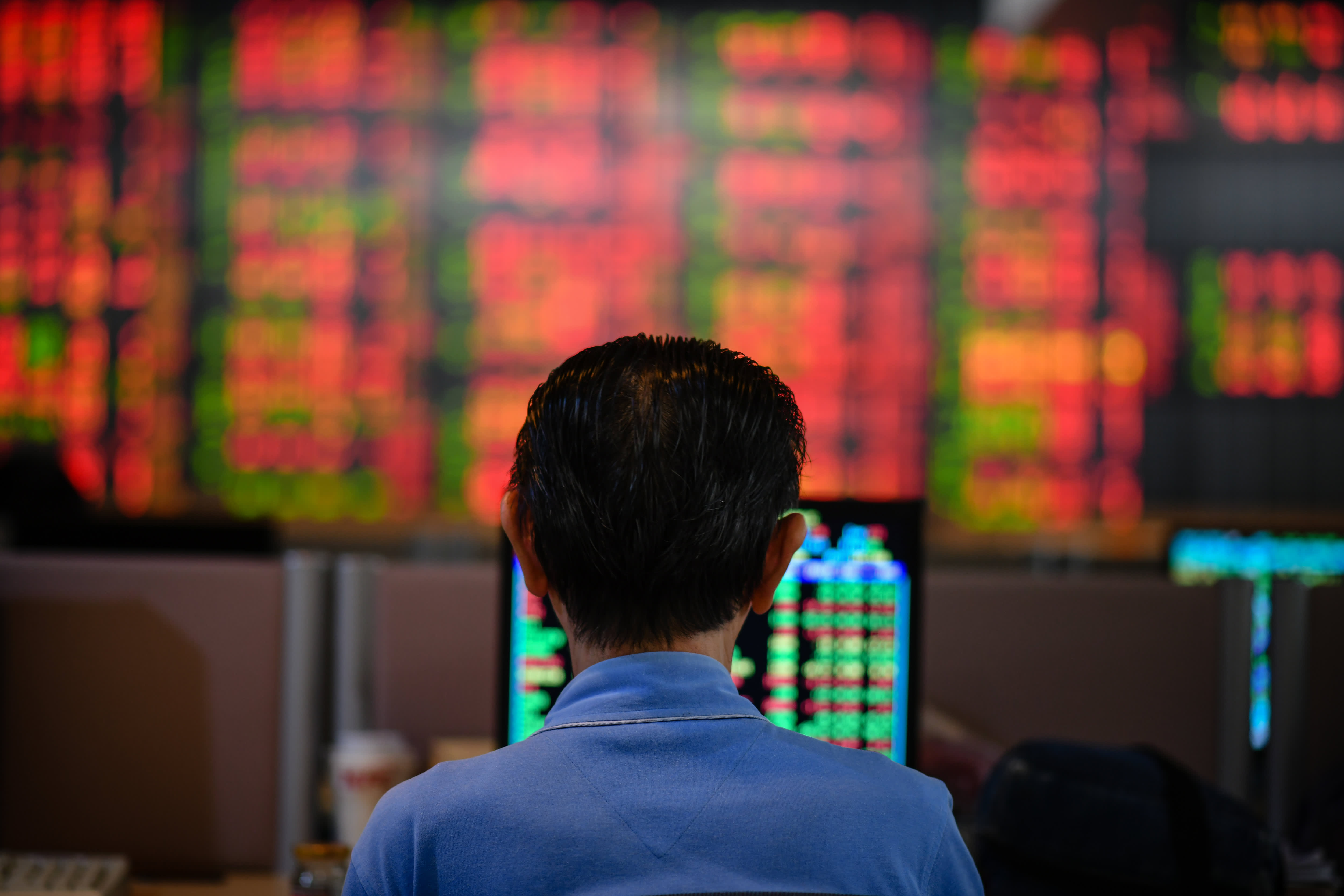Some 2021 Asia-Pacific IPOs have seen a sharp reversal in their fortunes since their strong market debuts.
At the top of the list is Chinese short video company and Tiktok-rival Kuaishou, which more than doubled from its issue price during its February debut. It was the only Asia listing among this year’s top five largest IPOs globally by deal size, according to Morningstar.
As of Wednesday’s market close in Hong Kong, however, the stock sat 77% below those first day gains.
Elsewhere, shares of Indonesian e-commerce firm Bukalapak have also tumbled hard after rising almost 25% on day one of trading. The stock is now 57% below those levels, as of Wednesday’s close.
Another Chinese stock that has plunged from its debut gains is JD Logistics, which raised more than $3 billion in its IPO. The stock was 36% below its first day closing price, based on its Wednesday close.
Those losses follow a number of issues including Beijing’s ongoing crackdown on China’s tech sector, which led to giants like Alibaba and Meituan being slapped with massive fines.
U.S. Treasury yields have also risen as the Federal Reserve signals it will soon begin to normalize monetary policy. Under such conditions, investors tend to avoid stocks in sectors like tech. These stocks could be hurt by rising rates which affect a company’s ability to fund growth and also makes future cash flows less valuable.
The fast-spreading omicron Covid variant has also further weighed on investor sentiment in recent weeks and dampened risk appetite, with questions remaining over the new strain’s potential economic impact.
Not unique to Asia
To be sure, poor post-IPO performances are not unique to the region.
In a December note, Pitchbook’s James Thorne and Jordan Rubio highlighted blockbuster 2021 market debuts elsewhere in the world that have also fallen sharply since going public.
One of those examples was Chinese ride-hailing firm Didi, which announced early this month it will delist from the New York Stock Exchange less than six months after going public. It is also making plans for a Hong Kong debut instead amid reports of political pressure from Beijing.
Other U.S.-listed firms that saw mega IPOs such as Robinhood and South Korea’s Coupang, have also “lost significant value,” they said.
“This lackluster performance has led to a cooling off in the IPO market that has caused some new issuers to delay or downsize their IPO plans. When all is said and done, 2021 could represent a high point of the IPO market that may not be matched for years to come,” said Thorne and Rubio.
New York University’s Aswath Damodaran told CNBC earlier this month that the post-IPO slumps could be due to some investors buying into “the big market delusion.”
Such investors are “not doing their homework” like examining the business models of these companies, with reality usually setting in as the first earnings report is released, the professor of finance at NYU’s Stern School of Business explained.
“It’s a slightly troubling sign, but by itself I don’t think … it’s a red flag. I think it’s more a sign of the kinds of companies you’ve seen going public, many with small revenues, big losses and lots of potential,” Damodaran said.
